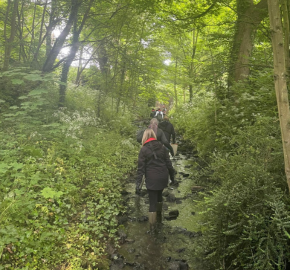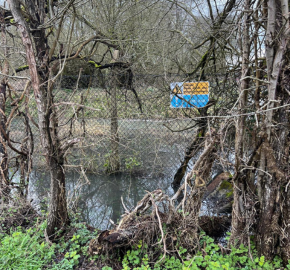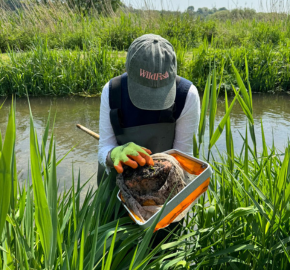The River Chew and its aquatic ecology
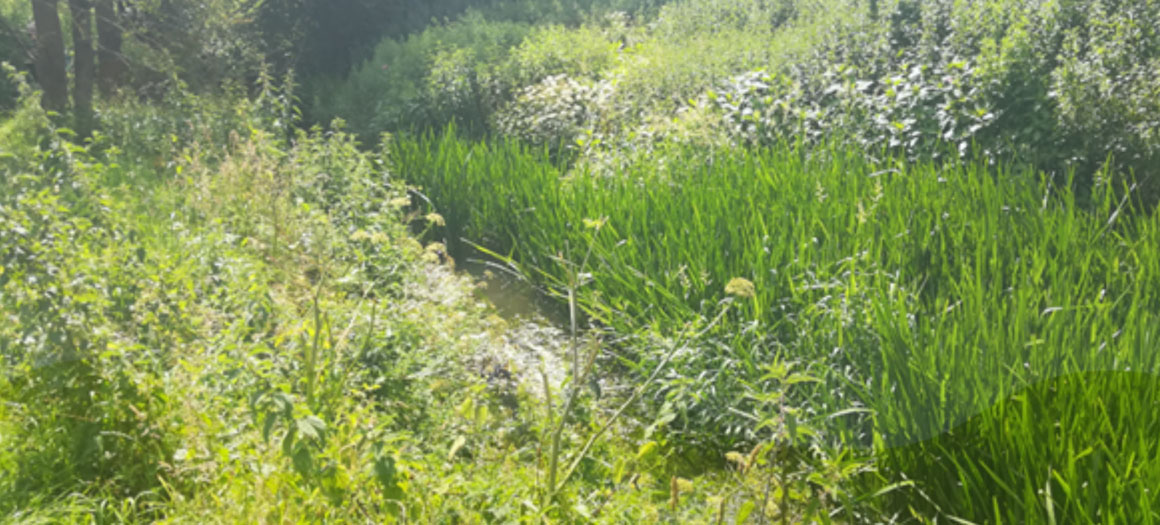
Like most rivers in the UK, the Chew is subject to a series of challenges that limit its ability to sustainably support healthy populations of wild fish.
We spoke to Jessy Grant at Bristol Avon Rivers Trust (BART) about the river, and how SmartRivers monitoring has helped in determining the impact these challenges have on the rivers aquatic ecology.
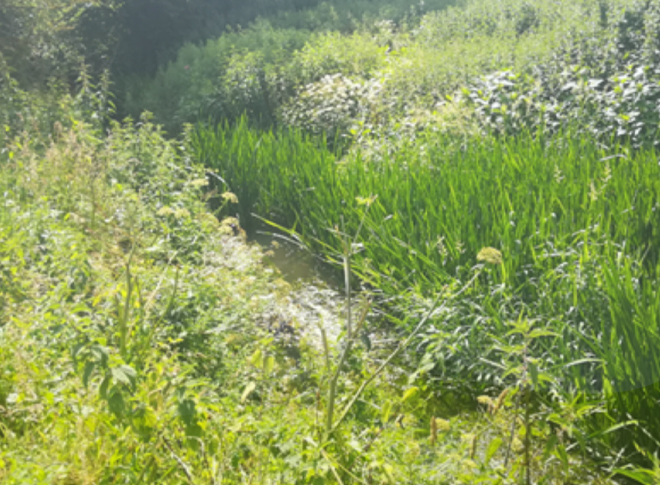
TELL US ABOUT THE RIVER CHEW
The River Chew is a small, rural lowland watercourse rising in the Mendip Hills in the south west of England and discharging into the River Avon at Keynsham, midway between the cities of Bristol and Bath.
The catchment covers an area of approximately 145 km2 and is hydrologically complex owing to the permeability and the presence of reservoirs, particularly the Chew Valley Lake which supplies potable water to the City of Bristol.
WHAT ARE THE MAIN CHALLENGES FACING THE RIVER?
There are many obstructions and land management practices along the river which impact on the aquatic ecology.
BART has estimated that approximately one third of the River Chew catchment downstream of Chew Valley Lake is impounded by man-made obstructions including weirs and sluices. Not only do these structures impede fish passage or delay the movement of migratory and coarse species to move throughout the catchment in search of food and spawning grounds, but obstructions also change habitat and flow conditions. Consequently, as a result of the impounding effect of obstructions such as weirs and sluice gates, natural riffle-pool habitat has been converted to slower flowing “canalised” sections of water which are unnaturally straight and lack cross-sectional habitat diversity that is necessary to support a variety of species of flora and fauna.
The river also suffers from excessive inputs of fine sediment and nutrients from land-use, which will in turn impact the habitat of fish and invertebrates. Impacts of excess sediment on fish include the degradation of spawning habitat / redds and the smothering of eggs and yolk-sac fry. Impacts on macro-invertebrates include the clogging of gills and the destruction of suitable habitats.
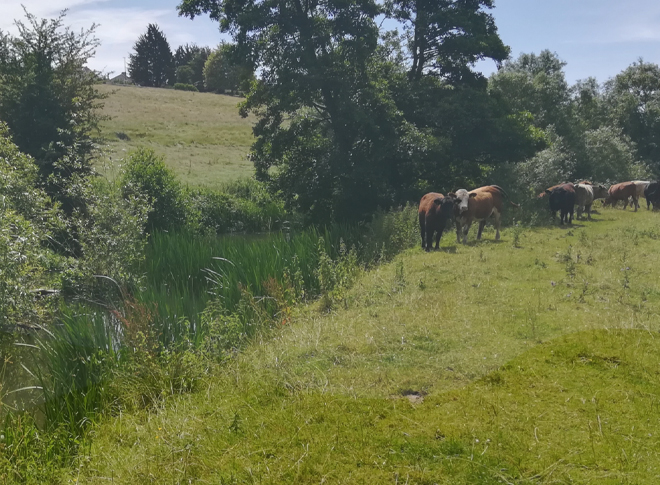
The River Chew has Water Framework Directive failures for fish and phosphate, alongside other reasons for failure including rural land management, fish barriers and water industry infrastructure.
Through field investigations, BART has identified issues relating to river habitat for fish and longitudinal connectivity which impacts fish passage throughout the catchment. There are also current failures for phosphates which leach into watercourses and impact on water quality status of the river. BART has delivered several surveys throughout the catchment to identify areas of sediment input, poor farming practices and modified sections of river with unfavourable habitat. These failures are likely to be impacting upon the population and distributions of fish.
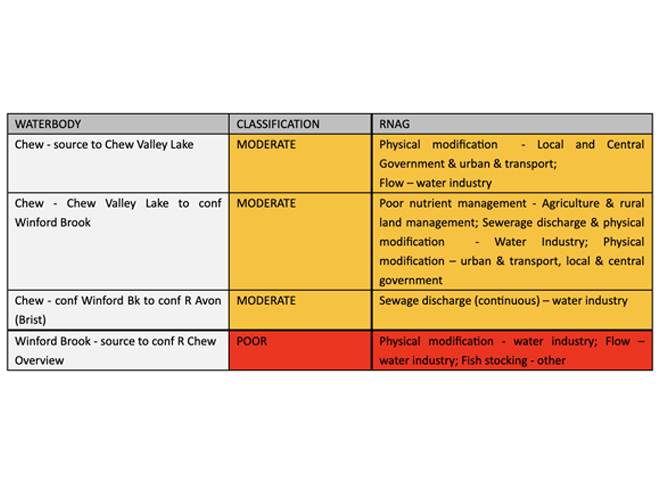
WHAT MAKES THE RIVER CHEW SPECIAL
At BART, we love the River Chew for the many species of fish and other aquatic life that it supports, including both coarse (grayling, barbel, roach, chub and bream) and migratory species (brown trout, eels and lamprey). Keeping the water free from pollution and plentiful will be key to the long-term sustainability of the river to support these species.
The Chew also supports a variety of macro-invertebrates including stoneflies, mayflies, caddis flies and damselflies.
To find out more about Bristol Avon Rivers Trust and the work they do, you can visit their website here.

